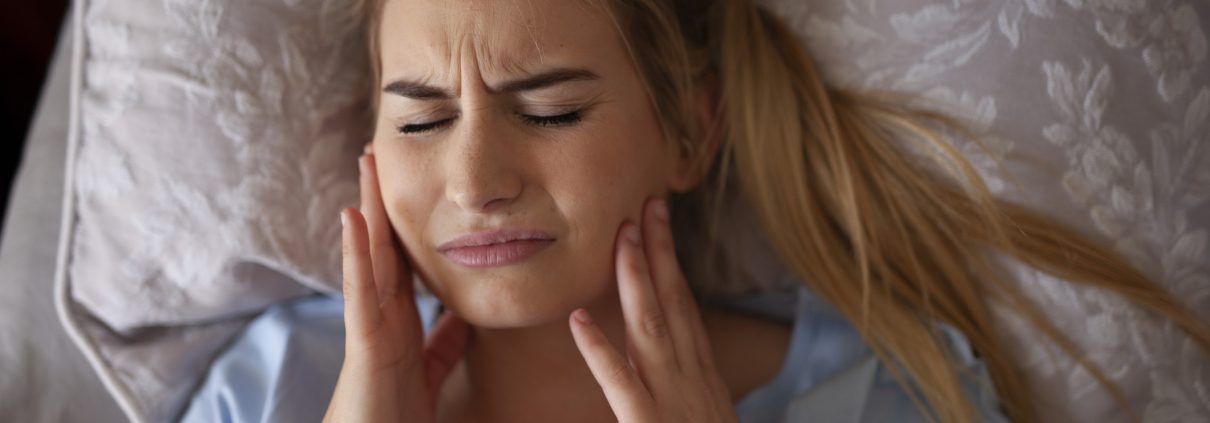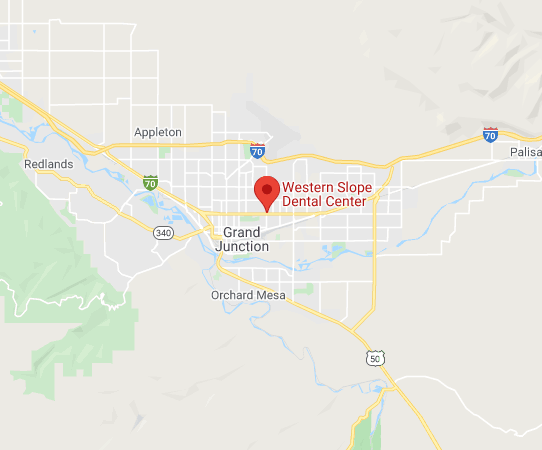Why is Teeth Grinding so Bad For Teeth?
Millions of people grind their teeth either consciously or unconsciously. Most people are unaware that they grind their teeth, since it often occurs at night while a person is fast asleep. No doubt, you’ve heard from your dentist in Grand Junction, CO that teeth grinding isn’t good for teeth, but what exactly are the problems that teeth grinding can cause?
Teeth Grinding Wears Down Teeth
Teeth grinding, officially called bruxism, is the habit of moving the jaw back and forth, where the top teeth and the bottom teeth grind against each other. Just as if you were doing this habitually to any other material, teeth grinding wears down the top surface of the teeth. If you keep doing this long enough, the upper and lower teeth will no longer fit together as they should.
Teeth Grinding Wears Down Tooth Enamel
Tooth enamel is a thin, protective barrier that covers the surface of the tooth and protects against bacteria. Bruxism wears down this layer, which creates a breach in the enamel and exposes the tooth’s dentin. Those who chronically grind their teeth usually have higher incidences of cavities, because their teeth are less protected.
Teeth Grinding Can Cause Fractures and Breakage
People who grind their teeth often experience tooth fractures, chips, cracks and breaks. Imagine if you ground a rock against your teeth for long periods of time. That’s essentially what’s happening with teeth grinding.
Teeth Grinding Can Cause Jaw Problems and Headaches
Another common result of teeth grinding is TMJ, or temporomandibular joint dysfunction of the jaw. In turn, this often leads to chronic headaches or migraines.
If you know or suspect that you grind your teeth, talk to your dentist in Grand Junction, CO right away. Contact our office today to book your next appointment.






Leave a Reply
Want to join the discussion?Feel free to contribute!